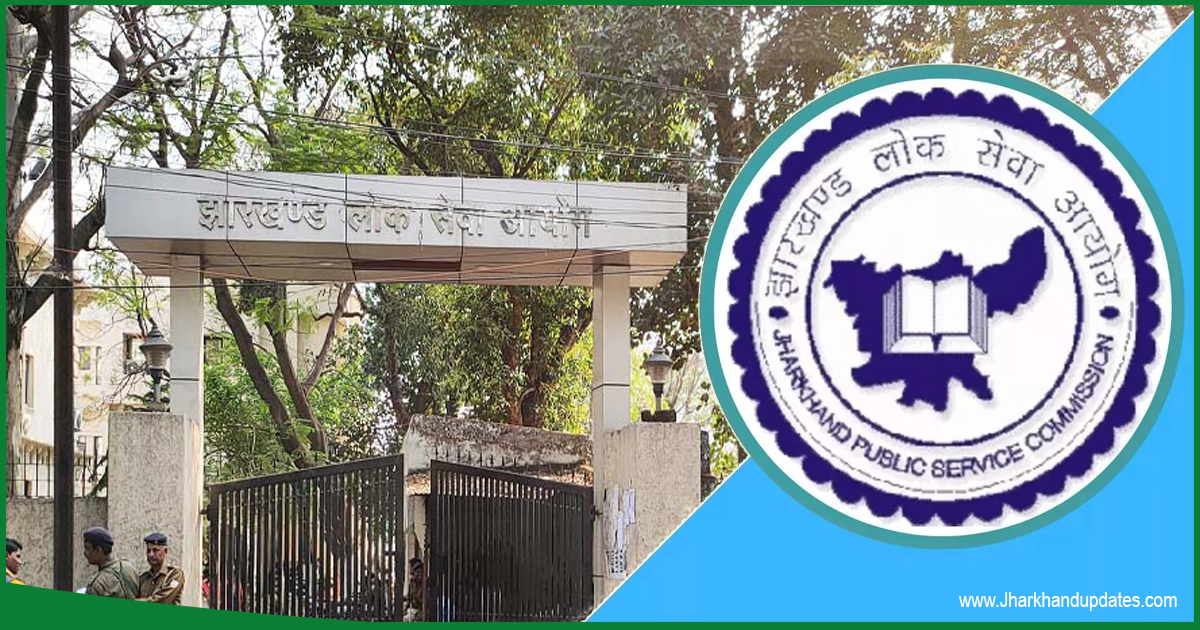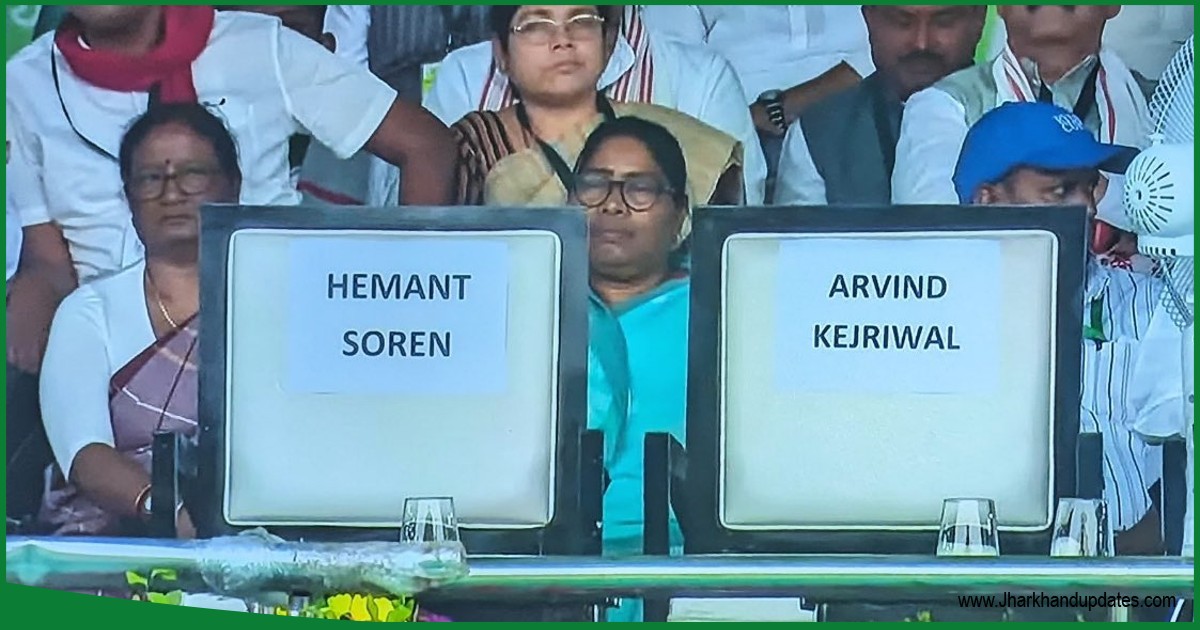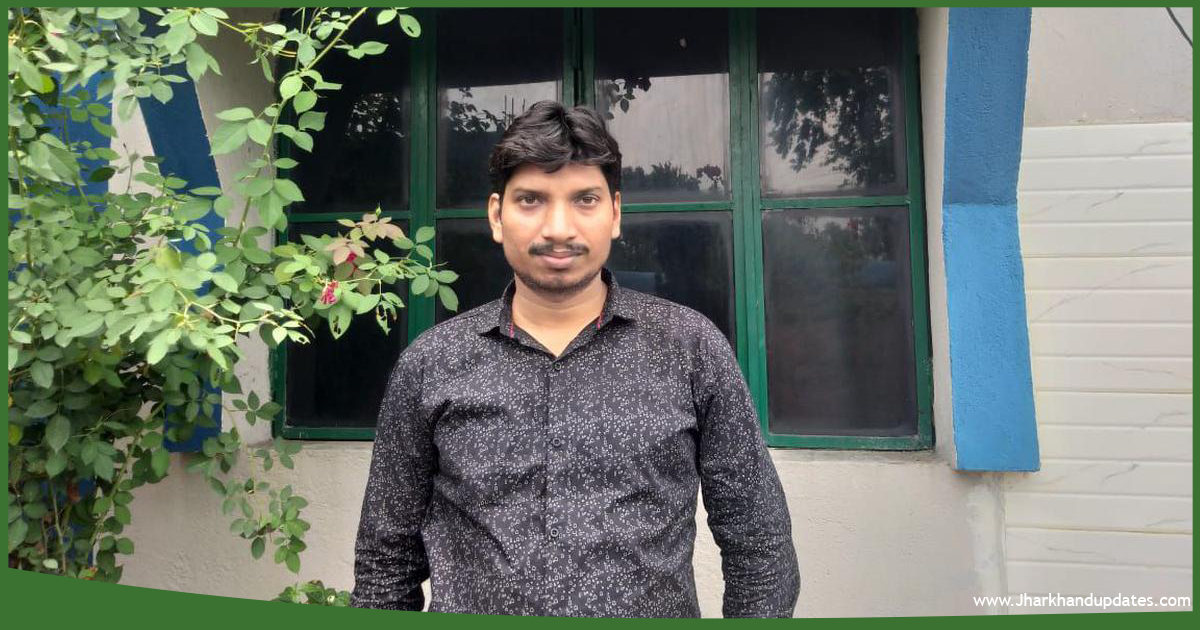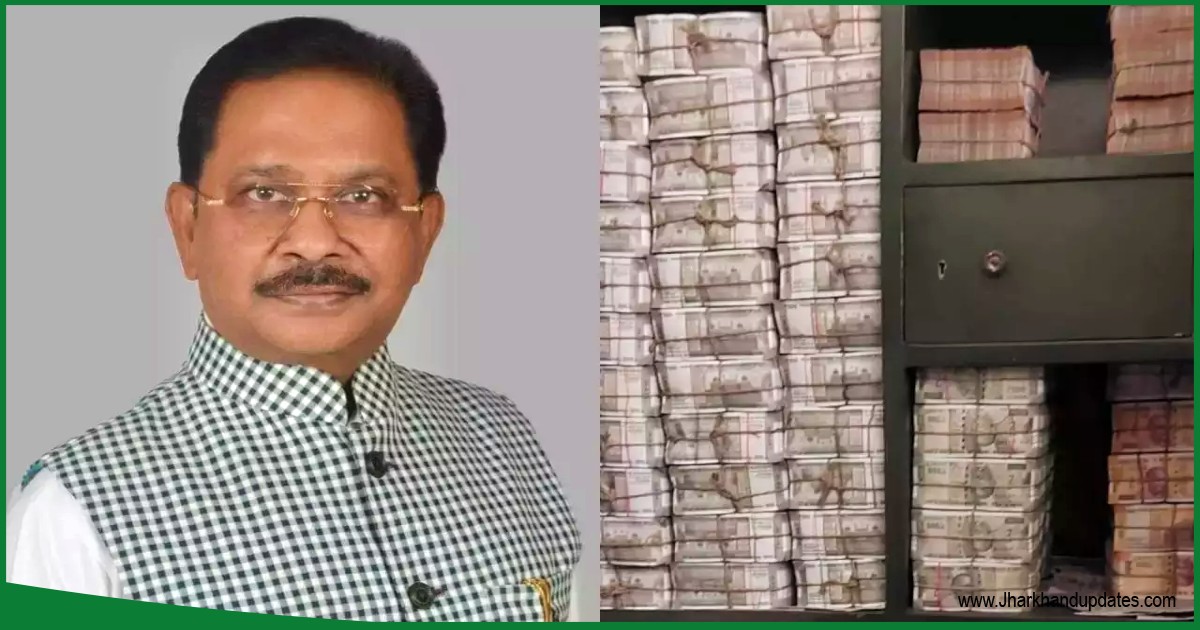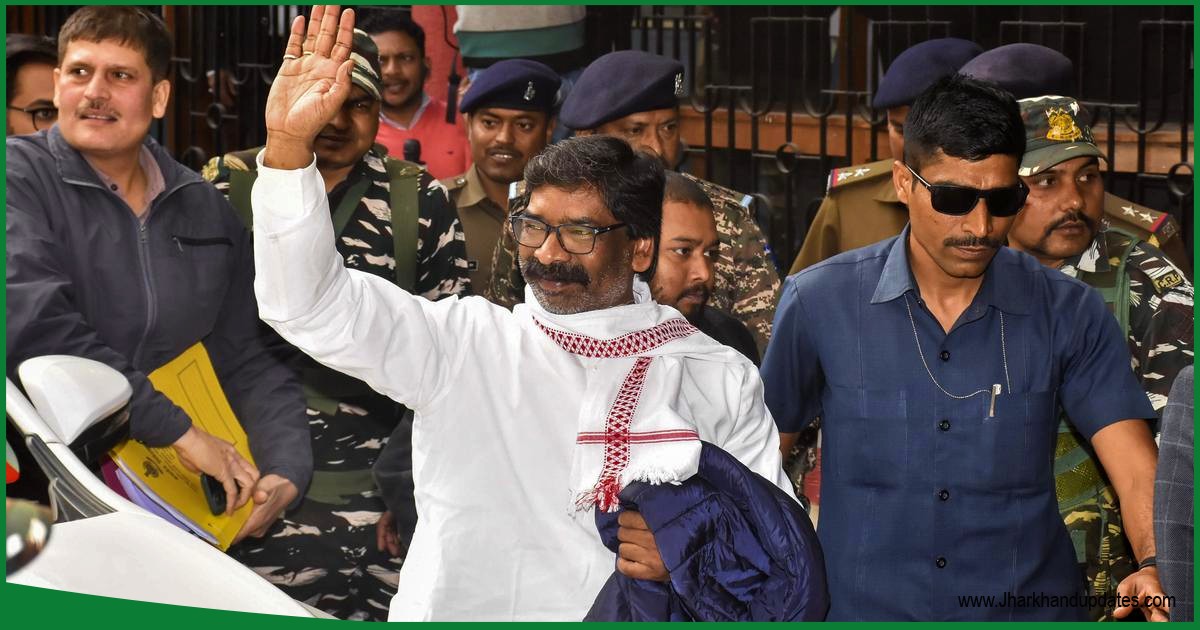40 Indian journalists’ phone numbers have shown up in a leaked Pegasus database, which embodies potential targets of cybersecurity used through Pegasus hacking software that was developed by Israeli cyber intelligence firm NSO group. Israeli company claimed that it had sold their software to Governments only.
Although the hacked phone numbers mainly belong to Journalists working as reporters and editors in the English language national media in Delhi, while some write for small publications away from the capital.
Jharkhand’s reporter, Rupesh Kumar Singh, outstands as three of his phone numbers are found on the leaked database briefed list. This happened after he covered a story of killing an innocent Adivasi man by the Jharkhand police in 2017, according to The Wires. The news was not disclosed to the public, which is not a strange fact to the 35-year-old. He said he was targeted intentionally as he published his news stories on police brutality against Adivasis, not merely surveillance. In 2019, he was imprisoned under the Stringent anti-terror law, the Unlawful Activities Prevention Act, for being suspected of a fabricated case.
“Honestly, I am proud of my reporting,” said Scroll..
Signs of surveillance
Rupesh Kumar Singh, born and brought up in Bhagalpur district in Bihar. He was included in the state council for the All-India Student’s Association, the student arm of the Communist Party of India Liberation from 2003 to 2006, and was also a member of the party’s district committee in Bhagalpur from 2006 to 2012. Furthermore, in 2012, he entered into freelance Journalism. Since 2014, Singh has been living in Ramgarh district in Jharkhand. For seven years, he has been covering the stories related to state violence against Adivasi communities. His stories have also been published in Hindi magazines, named Samyantar and Dastak, added to online news portals like Media Vigil, Gauri Lankesh News, and Janchowk among others.
According to Singh’s report published on The Wire’s Hindi website, in early June, he covered the death story of an Adivasi man named Motilal Baske in Giridih district by the Commando Battalion for Resolute Action or Cobra, a special unit under the Central Reserve Police Force. Baske was accused by paramilitary of being a Maoist guerilla, if anybody helped in capturing him, would be rewarded with Rs 10 lakh, Singh said. But after further investigation, Journalist Singh found that Baske was working as a porter who physically ferried pilgrims to the Parasnath Hills, a holy site for the Jain community. Under the Pradhan Mantri Awas Yojana, he had also initiated a cost-effective housing scheme launched by the Narendra Modi- led Central government in their first term.
“We had proof that Baske was a villager and not a Maoist,” Singh said.
Although the Jharkhand police encounter of Adivasi man led to a number of morchas in the district by other members from Adivasi communities and the matter was upheld by the elected representatives in the State Assembly. Additionally, within a period of time after the report’s publication, Singh noted a pattern. Singh stated, “If I called someone to tell them I am reaching a location to report, then some people would ask for me and what I was doing.” Singh said, “I started using my phone less because there are many false encounters and arrests in Jharkhand in the name of catching Maoists.” He also included that while answering a call, he hears a strange beeping sound. Though, he marked the first manifestation of surveillance in 2017.
Since Singh suspected that his phone was being tapped, but he was unprepared for the forthcoming incident. In June 2019, Singh along with his companion Mithilesh Kumar Singh, a lawyer in Ramgarh Civil court, had been stopped by the Intelligence Bureau officials at Hazaribagh district in Jharkhand during their journey in a car to Aurangabad district in Bihar. The two men were captured and kept under police custody at a paramilitary camp in Bihar, Singh narrated. He said, “They told me that they had been watching me for many days and that my phone was tapped.” Whilst the police filed that the two men along with their car driver were arrested by the Bihar Police under the Unlawful Activities Prevention Act, was accused of carrying detonators and gelatin sticks. Police reported the men to be “Naxals”. While Singh claimed that the police planned and kept the explosives in the car in front of him. He added, Singh was held captured in Shergati Jail in Gaya district in Bihar. Singh’s wife, Ipsa Shatakshi spotted a GPS device fixed with a sim card and a camera which was attached below the steering wheel of her car.
In December 2019, Singh was released on bail after the Bihar Police was failed to lodge a charge sheet against them in the case during the specified six months. After a while, the police filed an eight-page charge sheet which did not include any proof that the police found of Singh’s accused. He added, “Since then the case has not been opened and there has been no hearing.” In last year’s November, Singh published a book on the situation he faced in jail, named Kaidkhaane ka Aiyna, or a mirror to the prison cell.
‘Journalism not a bed of roses’
In 2017, Singh doubted that his phone was being tapped. Last week, confirmation was received when The Wire informed him about his phone number showed up in the hacked database list. The listed number also included the number which belonged to his wife Ipsa Shatakshi and another number that belonged to his sister. He said, “I knew that my wife and my phones could be tapped but I never imagined that it could happen to her sister too.”
Moreover, Singh suspected that the use of spyware infringed upon the privacy and fundamental rights of the Journalists, politicians, and others who were targeted. Though he is not afraid about anything, adding, “I have already been to jail and the government can do what it wants but we are not afraid.”
Singh addressed; the database list was a warning for journalists preparing to report against “fascist tendencies” that Government revealed. He is prepared to report for facts associated with risks. Singh stated, “Journalism is not a bed of roses, you will have to walk on a path of thorns.”


